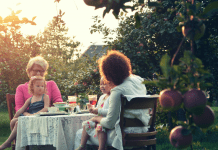
Although I am not a fan of labels, if I had to choose one to define my parenting style, it would probably be “attachment parent.” If you are a mother or know a mother or are not living under a rock, you are probably aware of the term “attachment parent.” You likely have an opinion about it as well because most people do.
The truth is, I never set out to be an “attachment parent.”
I had all sorts of plans for my life not changing at all when our unexpected blessing came along. I had books about sleep training waiting on the night stand and babysitters all lined up. My only real parenting goal was to teach my unborn child to blend into my life as seamlessly as possible.
You can imagine the shock when our child came crashing into the world three months before schedule. Among other things, it left me no time to think through the details of my game plan. We spent many long, precarious months in the NICU. The days were unpredictable and somehow still monotonous. The only constant was that I had no control over anything that happened to my baby. Then, one day, we walked into the hospital empty-handed and walked out with a stack of discharge papers and a four pound living, breathing human being.
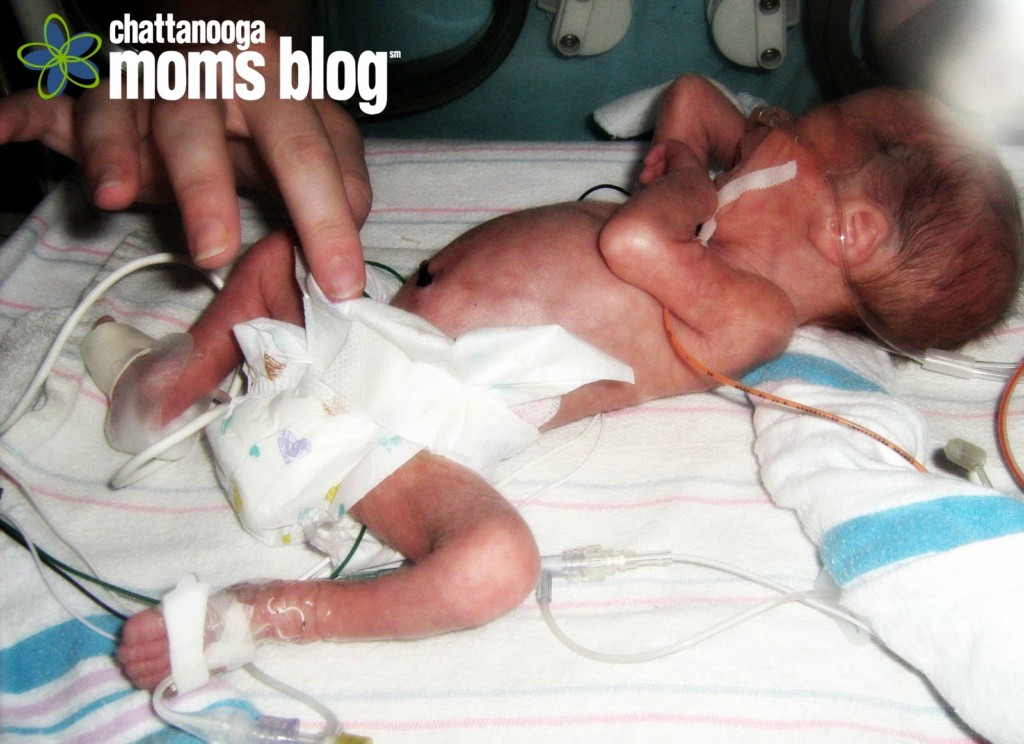
Suddenly, I was a mother.
I took that tiny baby home and laid him in his bassinet. He stayed there for approximately three minutes before letting out a wail that instantly disintegrated every decision I had ever made about mothering prior to his existence.
The next few months were a blur. I parented entirely on instinct. My instinct told me to nurse the baby on demand, hold him every waking minute, and go running any time he cried. It wasn’t easy or seamless but my baby was thriving. Long after I had adopted the principles of attachment parenting, I began to learn what it meant. I also learned that people had opinions about it. Really though, none of it mattered. It was working. Later, when the other babies came along, I did what I knew. What I knew most closely resembled attachment parenting, so that became my label.
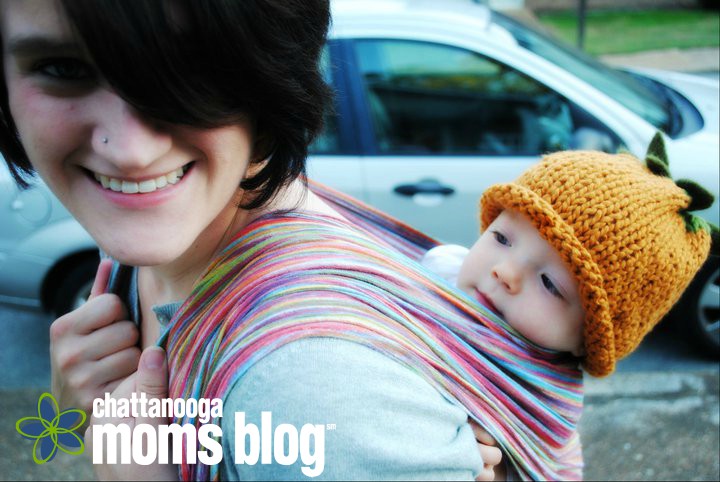
One day, not too long ago, I woke up and my first baby had disappeared. In his place, a lanky boy stood holding a comic book and rolling his eyes at something I had said — probably something along the lines of, “Who are you and what have you done with my baby?” As we all know, the plight of the firstborn is parents who have no idea what they are doing. My son is no exception. As his needs get more complicated and his problems grow more challenging to solve, my trusty instincts often falter.
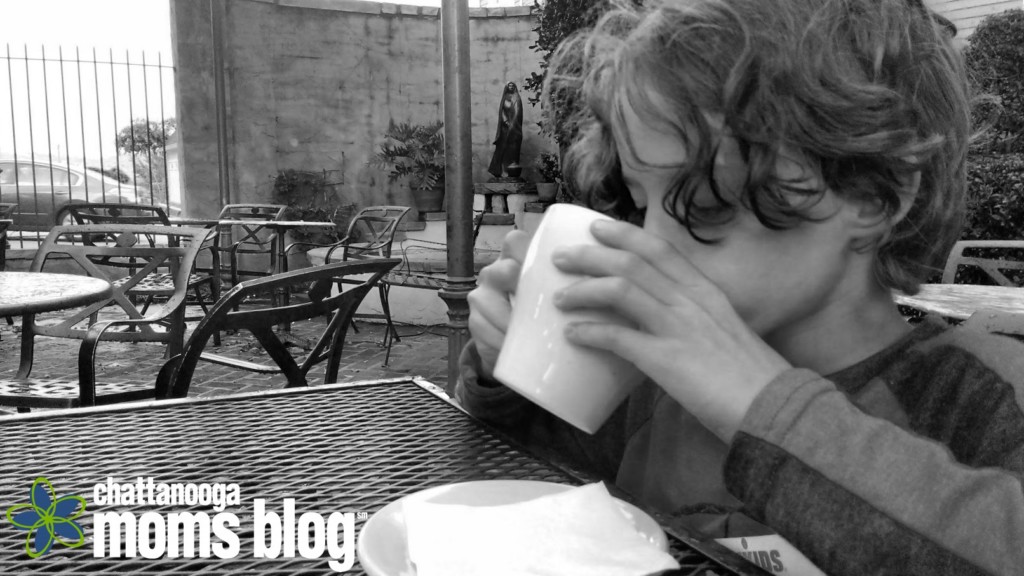
Decisions that used to feel huge seem simple in comparison to the choices we have to make now.
Even worse, it feels like all of my go-to sources cannot help me any longer. When I search my favorite parenting websites or books, they are still giving tips on how to handle a tantrum at bedtime or why breast is best, but I can find nothing about how to respond appropriately when your child elbows his brother in the face so he can get the larger scoop of ice cream, and something tells me that my gut instinct on how to respond to my child referring to a girl as “hot” is not going to guide me in the most effective parenting direction.
Also, I chose these examples randomly and they absolutely did not actually happen in my actual life. Also, that is a lie.
Science tells us that securely-attached children with emotionally-responsive parents are more likely to demonstrate emotional availability, regulate their own negative emotions, have higher levels of positive mood, demonstrate greater empathy and comply more easily with instructions by grade school. So, my child is eight and he should be awesome, right? Science said so.
Well, I am here to tell you that it does not matter whether your baby was breastfed until he was reading chapter books or if his feet did not touch the floor until he learned to ride a two-wheeler, there are times when your kid is going to, frankly speaking, act like a jerk. As they get older, it is going to get harder to respond appropriately when your child acts out. You might start to wonder what the point of it was if he was still going to act this way. You are also going to have people tell you that it is because of the way that you parent that your child is acting like a jerk.
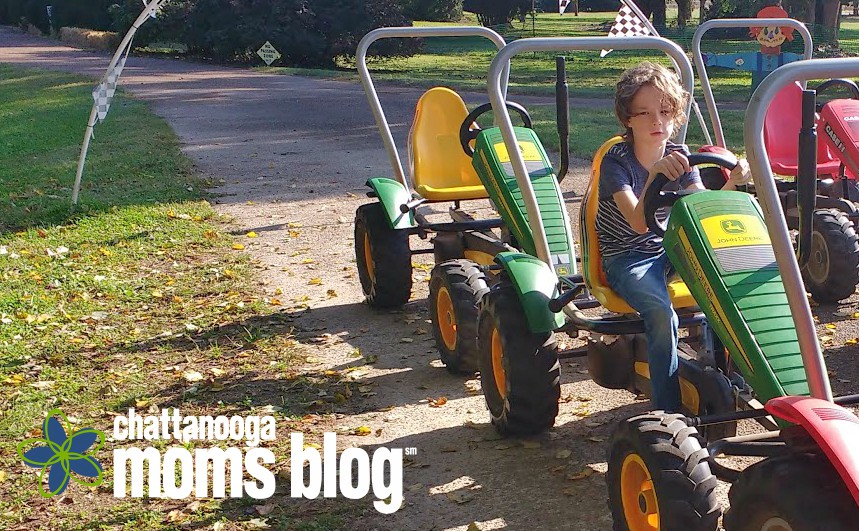
The goal of parenting, no matter what label you do or do not use, is to raise healthy, resilient humans, right?
I would argue that the key word is HUMANS. Even the healthiest, most resilient humans can be jerks sometimes because humans are fallible. It is kind of part of the deal. So, setting aside the inaccurate but nagging idea that you are a total failure, how do we keep raising our little humans in a way that fosters secure, loving attachment as they get older and more independent?
While most people’s minds jump to practices such as co-sleeping or baby-wearing when they think of attachment parenting, the eight principles of attachment parenting are much more flexible than that. This may come as a surprise because most people do not equate attachment parenting with flexibility, but it is true. A family in any stage of life and any lifestyle can apply them. No matter how old our children get, we can always educate ourselves about our children’s development, set realistic expectations, and respond to them sensitively. We can always hug them, meet their needs during the day and at night, communicate, and craft solutions while keeping dignity intact. We should always strive for flexibility and balance.
Sometimes, attachment parenting sort of just sounds like common sense, doesn’t it?
My eight year old cannot fit into his baby carrier anymore. He does not crawl into my bed in the middle of the night. When I leave him for an afternoon, he never cries. He is busy and independent and acts like he does not need me at all most of the time. We used AP methods and our kid turned out to be a pretty awesome, functioning human being. But he is still learning that throwing elbows for ice cream is wrong. He is still learning how to express himself in a way that is respectful of other people. And I am still learning how to respond to his needs in a healthy way.
At no point in our lives will our children stop needing us to be their parents. But I am learning that, as they grow older, the way we relate to them is going to change. As he grows up, I have to as well. What should not change is our dedication to providing a safe, loving place for our children to land as they grow and make mistakes. I know that in another eight years, parenting my son will feel just as scary as it does now. I will probably wish I could crawl back into the “simple” problems he challenges me with today. But I also know that no matter how much he grows, he will still need someone to listen to him, validate his feelings and love him unconditionally.



